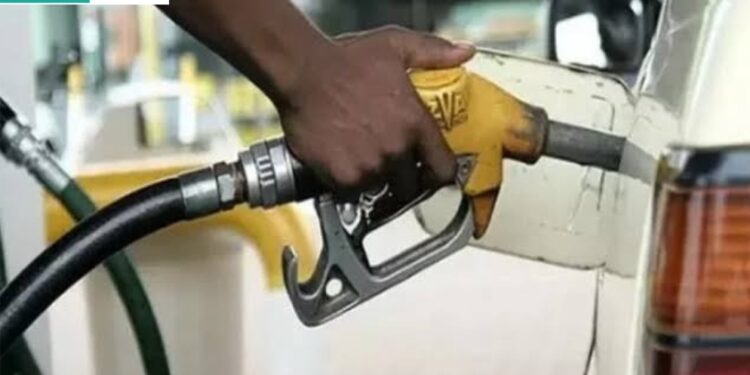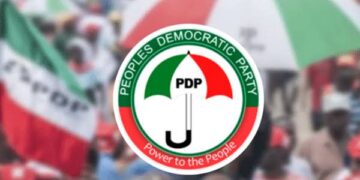The Federal Executive Council’s recent approval of the continuation of the Naira-for-Crude policy has received strong
support from the Petroleum Products Retail Outlets Owners Association of Nigeria (PETROAN), which sees this as a
step that could revolutionise the nation’s energy industry.
Speaking to newsmen in Abuja, PETROAN’s National Public Relations Officer, Joseph Obele, said the association is
optimistic that the policy, combined with the recent drop in global crude oil prices, will lead to more affordable fuel
prices for Nigerian consumers.
“We want to sincerely commend the Federal Executive Council for its decision to fully implement the Naira-for-Crude
policy,” Obele said.
“This is a strategic move aimed at reducing our dependence on foreign exchange, enhancing local refining capacity,
and ultimately stabilising the downstream sector.”
Under the Naira-for-Crude policy, indigenous refineries, including the Dangote Refinery, purchase crude oil in Naira
rather than US dollars.
In addition to relieving pressure on the foreign exchange market, PETROAN claims that this adjustment will boost
investment in Nigeria’s refining facilities and enhance the nation’s overall energy security.
You may also like: NNPCL Crude Oil Supply to Dangote Refinery Insufficient
Obele praised President Bola Tinubu and other key stakeholders, including the Minister of State for Petroleum
Resources (Oil), Senator Heineken Lokpobiri; the Minister of Finance and Coordinating Minister of the Economy, Wale
Edun; the Chief Executive of NMDPRA, Engr. Farouk Ahmed; and the CEO of NUPRC, Gbenga Komolafe, for their
leadership and commitment to reforms that prioritise the needs of Nigerian consumers.
“This is a policy that supports local production and shields our economy from the volatility of the global oil market,”
he said. “When our refineries buy crude in Naira and process it locally, the cost of production reduces significantly,
and that benefit can and should be passed on to end users.”
Obele also highlighted the global context, noting that a decline in international crude oil prices triggered by slowing
demand in major economies and increased output from non-OPEC producers presents an opportunity for local price adjustments.
“The global oil market is experiencing a supply glut. Demand is weakening due to economic slowdowns in key
economies, and non-OPEC countries are ramping up production. These factors are driving crude prices down,” he noted.
He further linked the price drop to policy shifts in the international arena. “President Trump’s policy of reciprocal
tariffs in the past contributed to the global economic slowdown, which in turn has had a deflationary impact on oil prices,” Obele added.
Despite the fluctuations in the global market, PETROAN believes Nigeria now has a rare chance to insulate itself from
external shocks.
“With the Naira-for-Crude policy in place, we are hopeful that Nigerian consumers will soon start to feel the positive
effects — not just in terms of stable supply but in actual price reductions at the pump,” Obele stated.
He concluded by emphasising PETROAN’s continued commitment to supporting policies that encourage local refining, conserve foreign exchange reserves, and bring lasting relief to Nigerian fuel consumers.


































